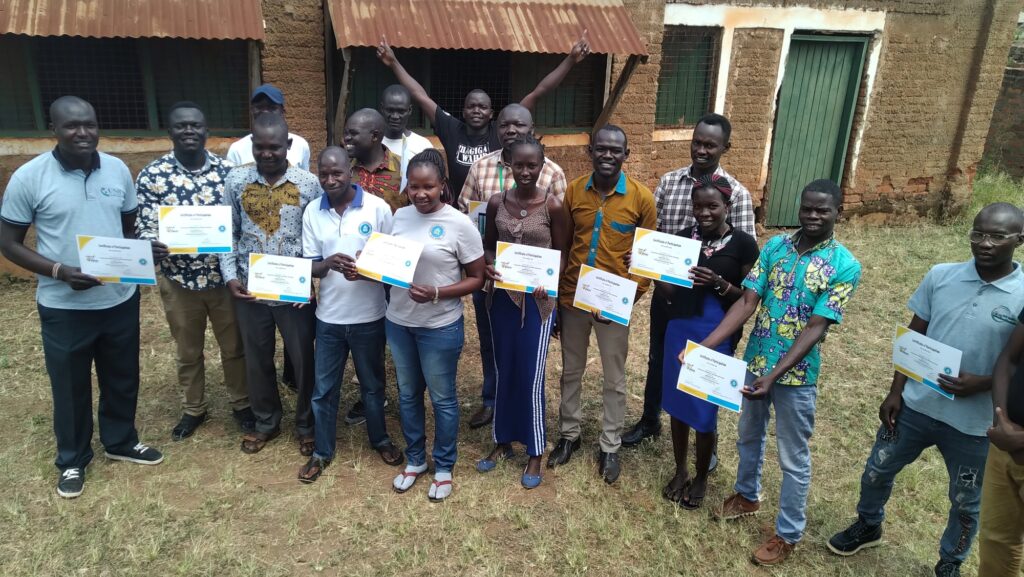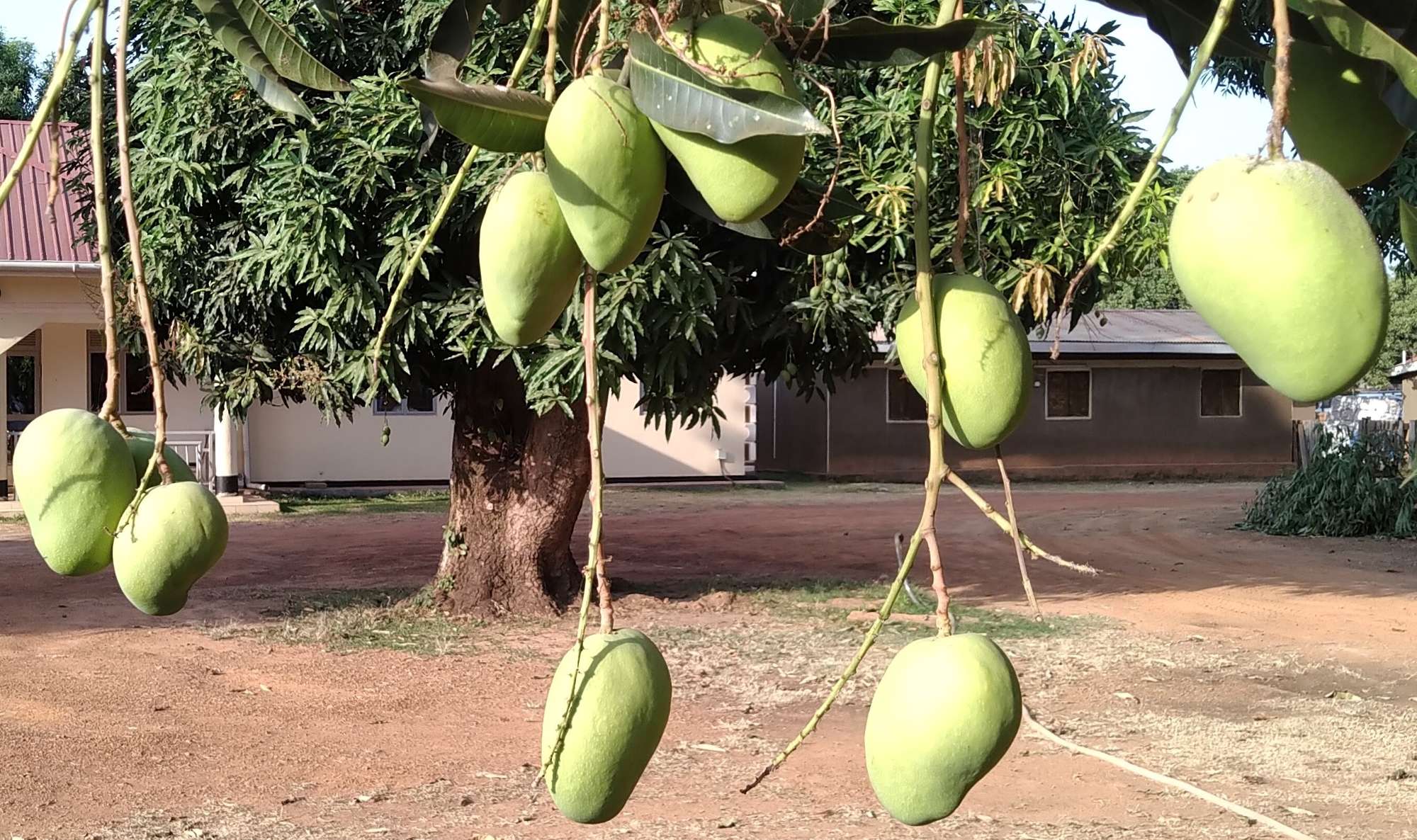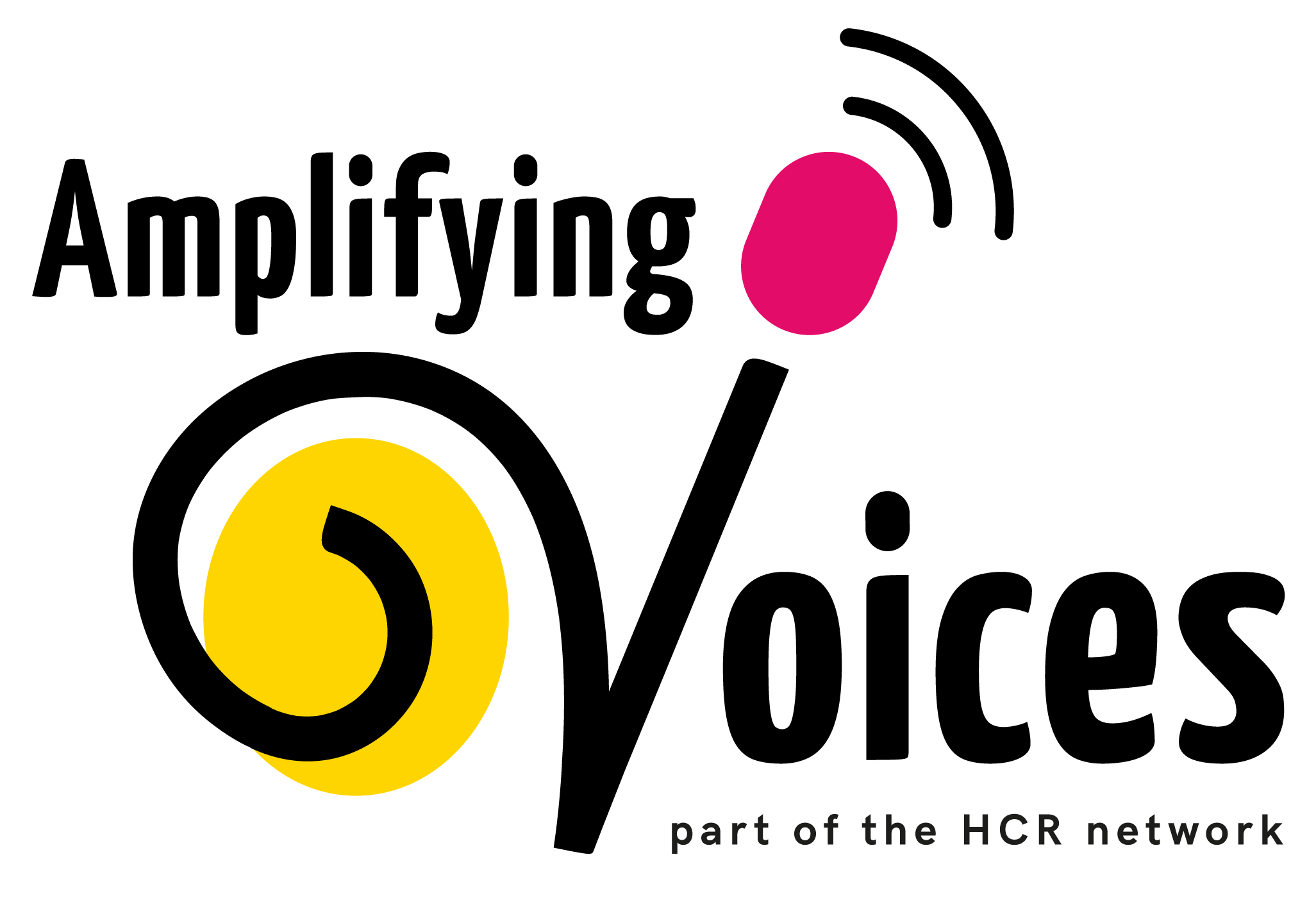
Launching peacebuilding media in Yei
In March 2022, following my visit to Soot Semee in Uganda, I went with Anthony from the Soot Semee project to co-facilitate a community-centred media workshop in Yei, South Sudan. We were supporting the team from Community Development Centre in South Sudan (CDC South Sudan) who want to develop a peacebuilding media initiative in parts of Yei River County. The workshop brought together people from several local NGOs as well as representatives from three radio stations in Yei
CDC plans to integrate community-centred media as part of a larger project to promote peacebuilding and good natural resource management in Central Equatoria state. As the week progressed, it became more and more evident how great a need there is for this project.
With the backdrop of a stalling peace process in South Sudan and the war in Ukraine filling my newsfeeds, and my own feelings of helpless anger at the tragic situation, I also heard several local stories of conflict between cattle herders and farmers, of roadside robberies and of murders committed during the time I was in Yei, just a few kilometres from where I was staying.

Yei River county is rich in natural resources.
CDC in both Uganda and South Sudan hear these tragic stories daily as implementing partners for the Hagiga Wahid misinformation management tool. When someone reports a story or rumour to Hagiga Wahid, CDC passes it through a network of trusted sources in the places where the events are said to have happened to verify whether the stories are rumours or truth. Hagiga Wahid have been so successful at verifying stories in South Sudan, that one armed group accused CDC of using satellite spy technology. Getting the truth behind distressing stories through crowdsourcing information is one step towards preventing escalation of violence.
Because violent conflict is so prevalent to everyday life, Anthony and I found ourselves giving much more time in this workshop to the sessions on conflict sensitive content. I found myself learning a lot from doing these sessions this time round. Together we learned the importance of citizen journalists mapping out who the different actors are in a conflict. Then instead of reporting on the stated positions of each party which pit them against each other as combatants, local journalists should explore the stories behind each party’s needs that have driven them to take the positions they have, Conflict sensitive reporting would highlight the areas where differing needs reflect common ground or common humanity, giving participants reasons for dialogue.
Each day I would hear reporting styles on the Ukraine war that were the opposite of this, with journalists promoting the positions of the combatants and presenting stories in a way that encouraged polarisation and escalated anger. It helped me to see how difficult it might be to take the objective road of discovering truth and listening to all parties in the conflict, especially where a powerful party might be brutally oppressing others.
I wondered if the tools were over idealistic, especially for workshop participants who are not external observers to the conflict but who have to live with violent events affecting their daily lives. So I was very encouraged when the CDC team also shared some conflict mapping work they had been doing for the wider project using very similar tools. The workshop allowed us to bring together their tools for conflict mapping with media tools for creating conflict sensitive content.
Going forward CDC are identifying listener groups in areas around Yei most affected by conflict and pressure on natural resources. A community-centred media project in those communities would follow a podcast and speakerbox model, similar to Soot Semee, as the communities are beyond the range of the Yei FM stations. However, content could also benefit people closer to Yei and we are hopeful that the participants from the radio stations in Yei will persuade their organisations to carry community-centred content for much reduced rates, recognising that the media is sourced in the community rather than being top-down messaging from relatively well-off international NGOs.
Stop Press: The project team and a few other community members have proposed the name "Studio Salam" meaning the Studio of Peace, for the community-centred media serving Yei and the surrounding area.
